Join us in reading the autobiographical graphic novel Persepolis by Marjane Satrapi, which explores the childhood of the author during and after the Islamic revolution in Iran.


Join us in reading the autobiographical graphic novel Persepolis by Marjane Satrapi, which explores the childhood of the author during and after the Islamic revolution in Iran.
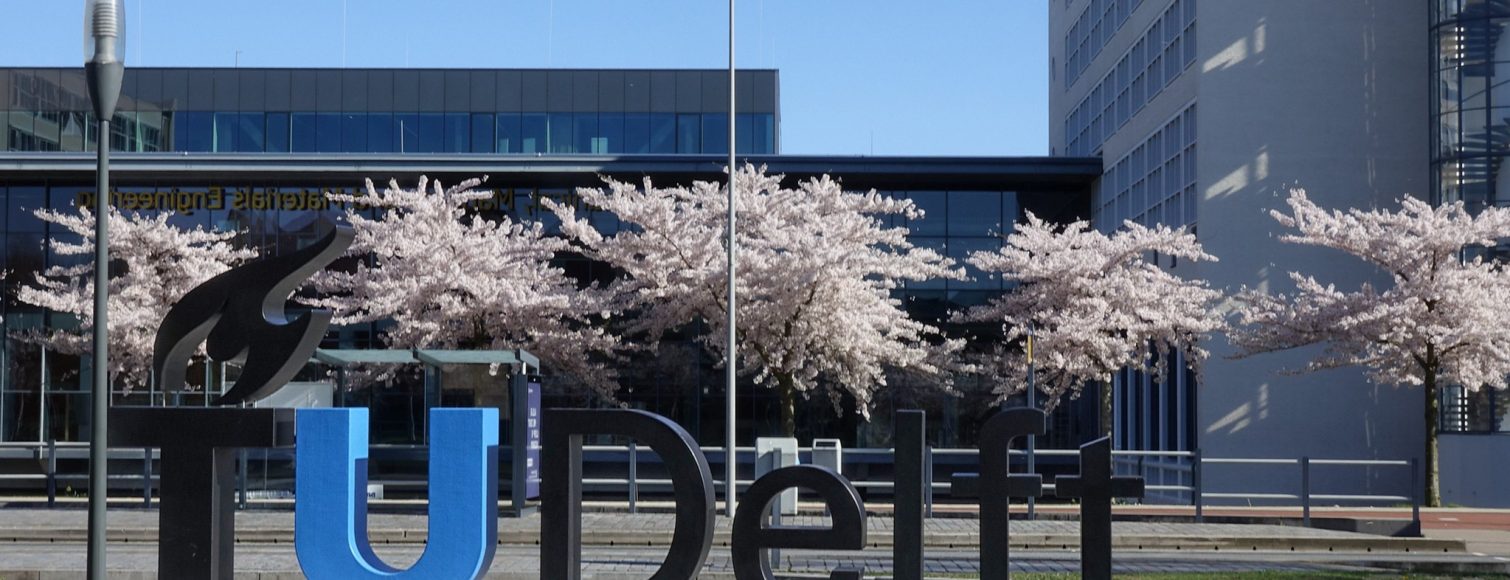
Whether you’ve been here for years or are just starting out, take a moment to sit and reflect on how this university shapes its people’s lives.
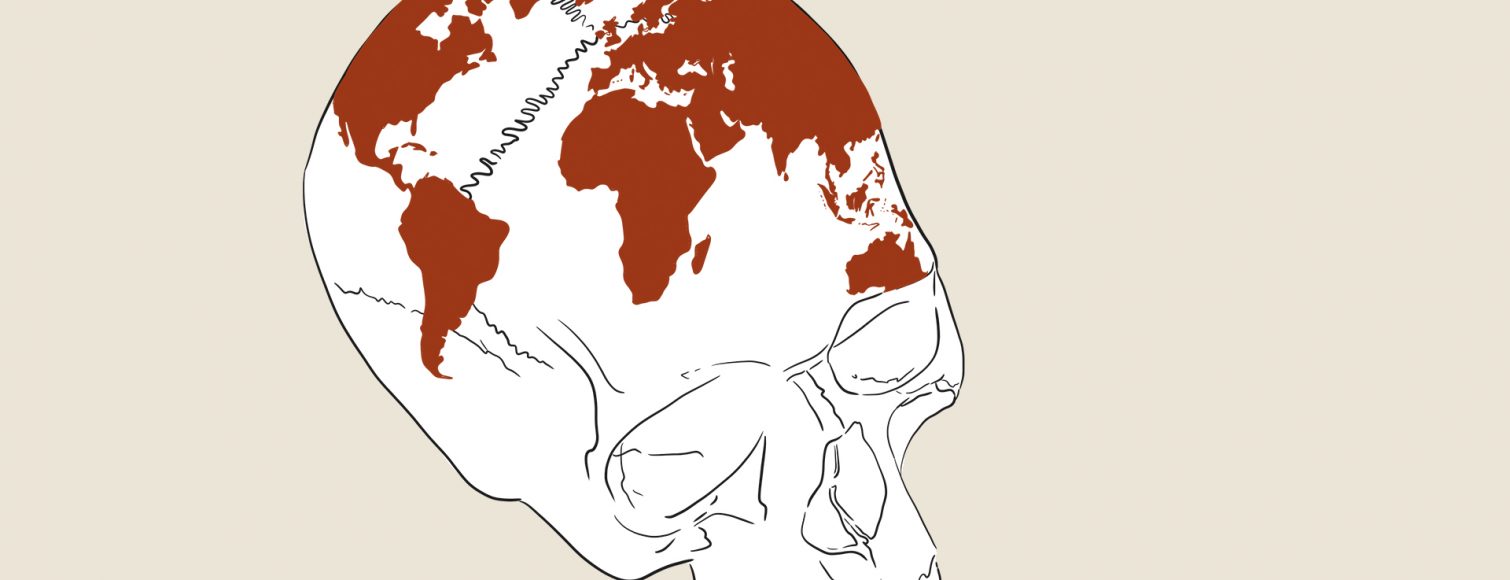
This event has been postponed to Monday, October 21st.
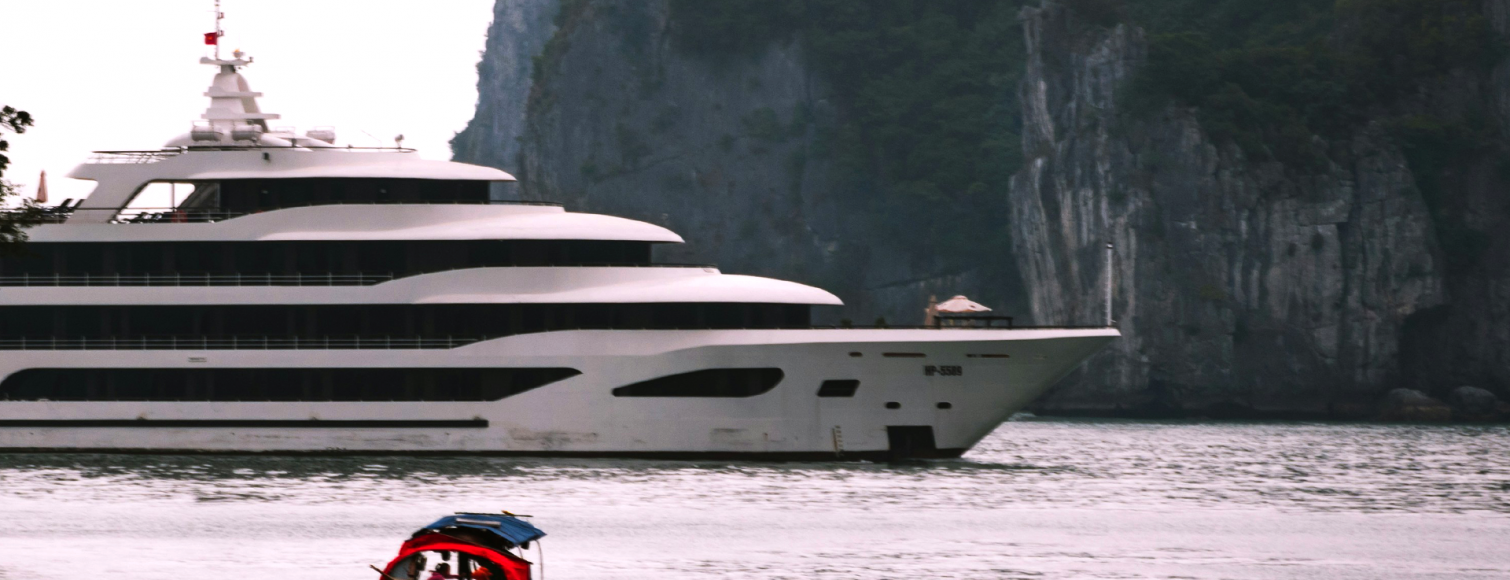
Would putting a cap on wealth help to protect democracy, freedom, and equality?
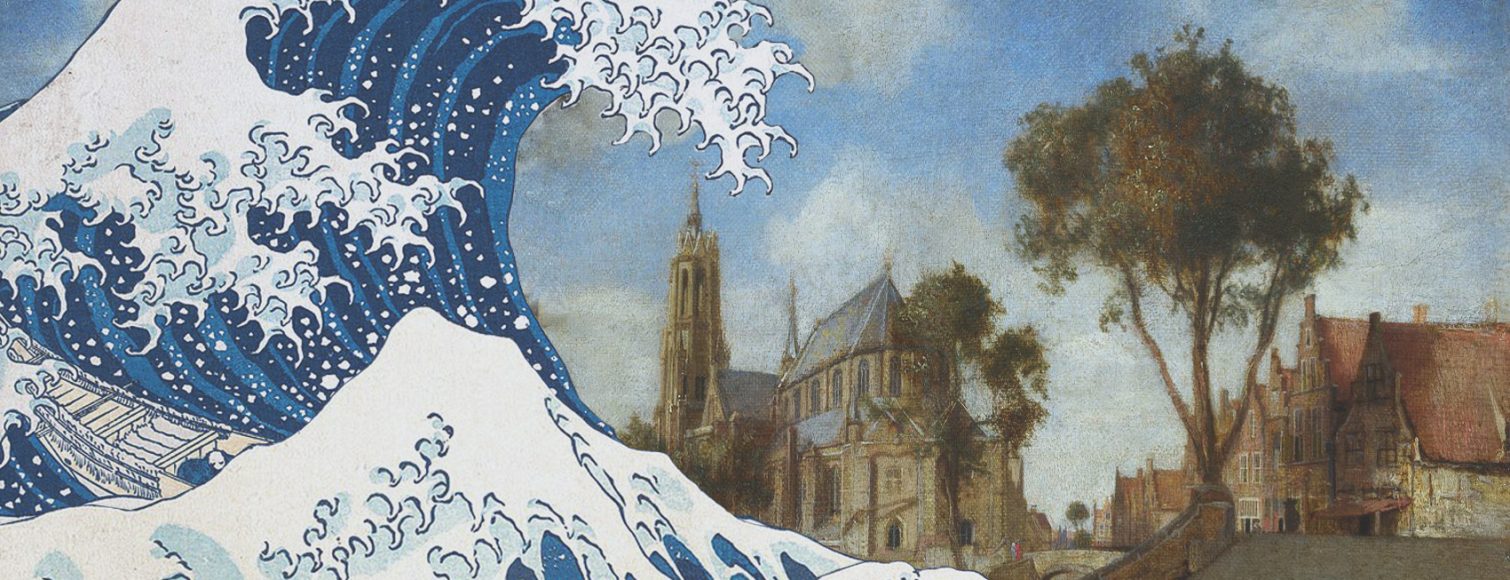
Dat het klimaat verandert is inmiddels bekend, maar wist u dat Nederland er daardoor heel anders uit zal gaan zien?
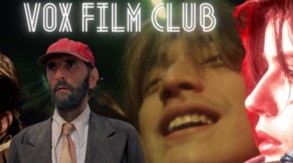
Join the free movie nights of the VOX Film Club on Thursdays in the TUD Library. Watch Kikujiro, Les Vacances de Monsieur Hulot and more!
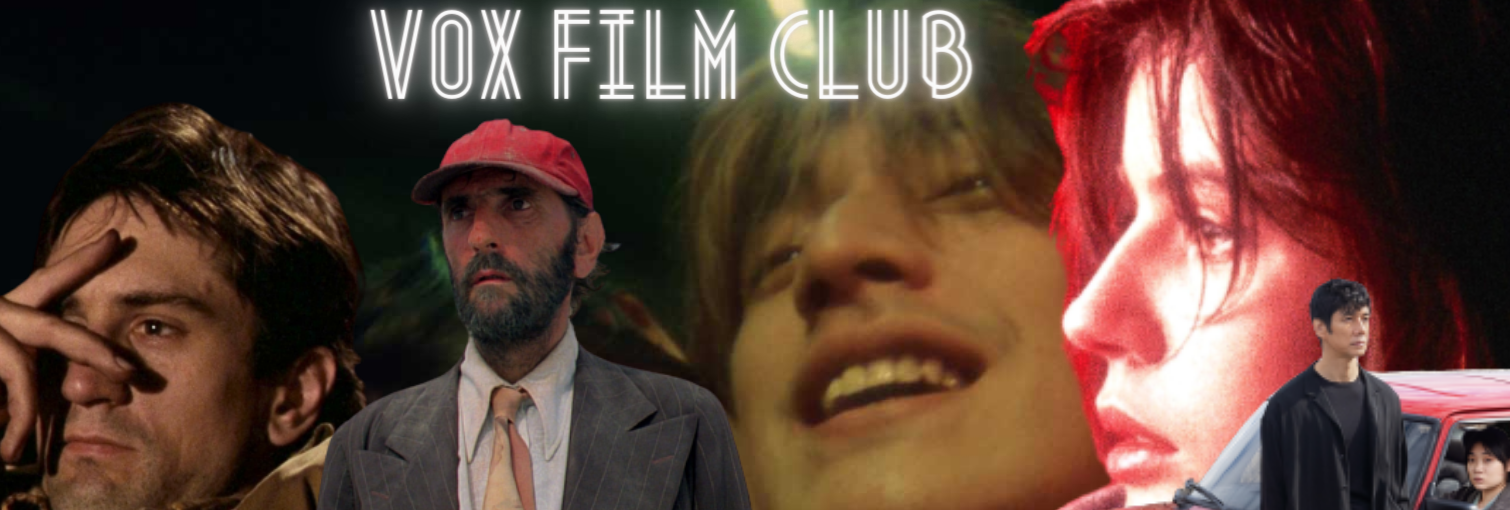
Join the free movie nights of the VOX Film Club on Thursdays in the TUD Library. Watch Blow Out, Hana & Alice, and more!
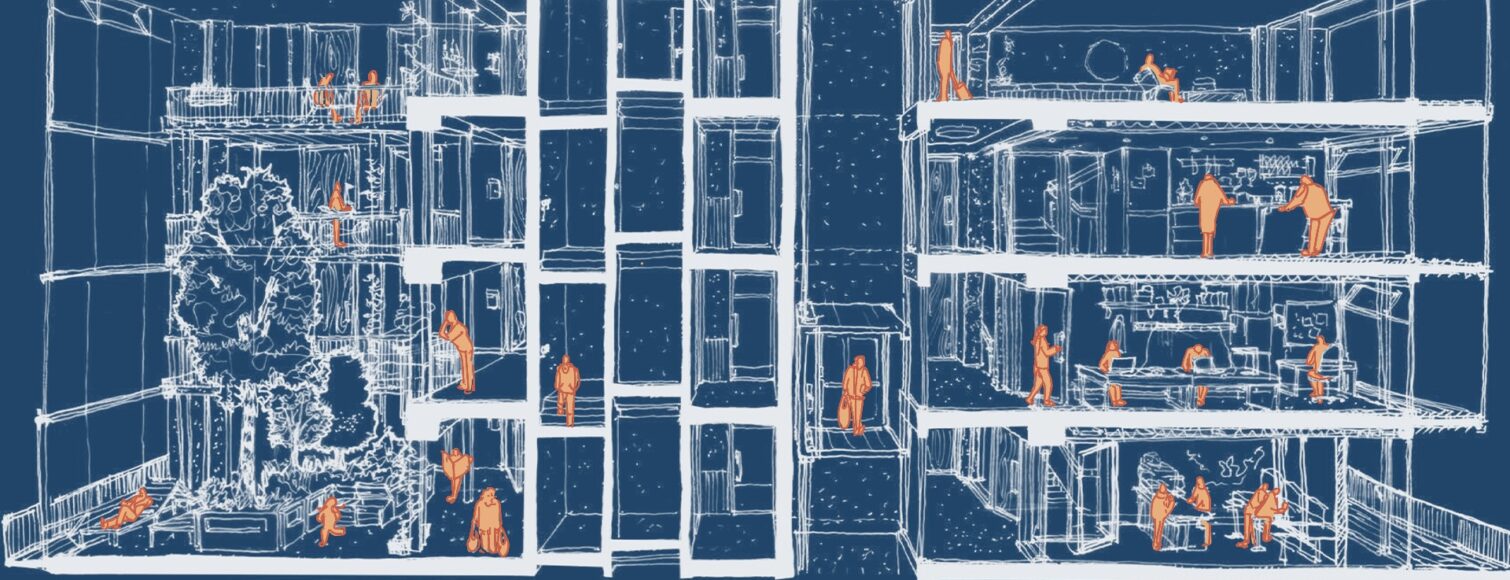
Er is woningnood, vergrijzing, een huurcrisis, een zorgcrisis, torenhoge inflatie. Maar onze huidige manier van leven en bouwen is niet de enige. Is er ruimte in Nederland voor gemeenschappelijk wonen?
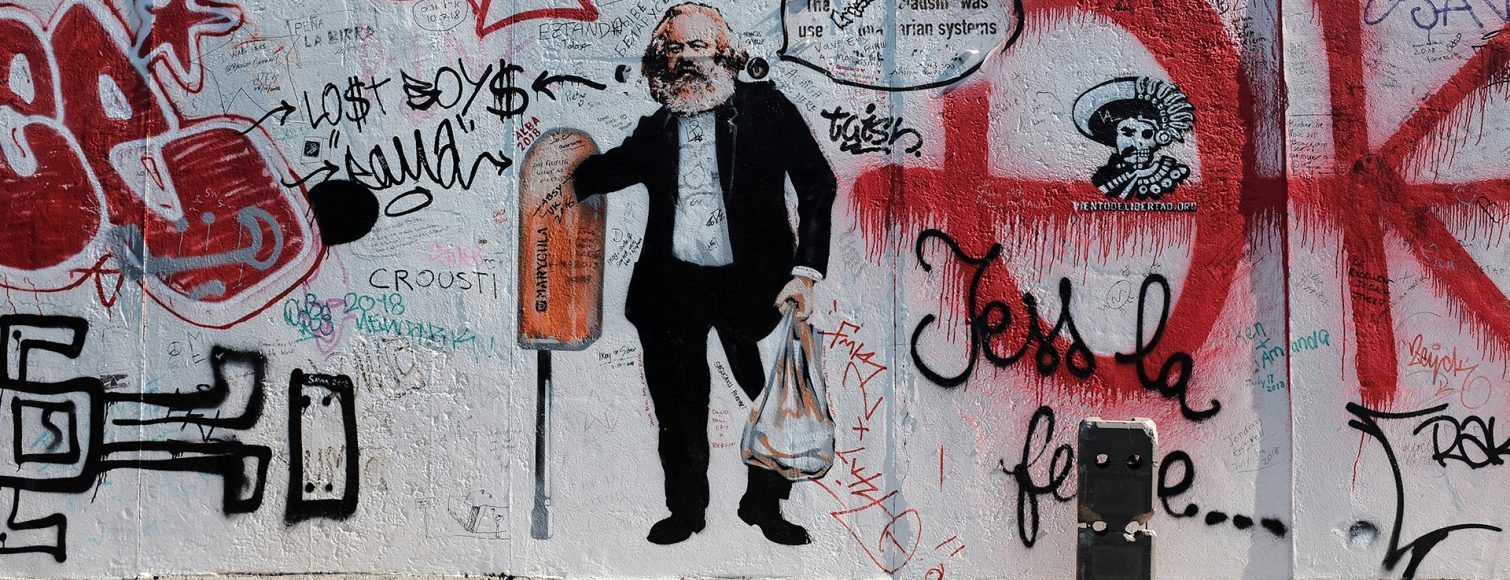
In modern civilization, power and privilege still separate the haves from the have nots. What are the mechanisms behind wealth inequality?
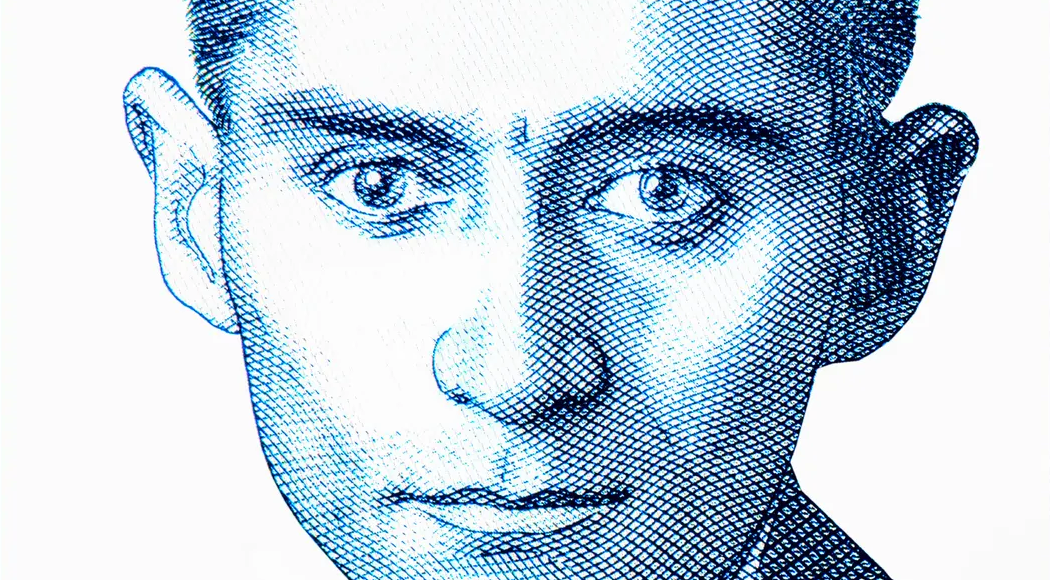
Wat zouden canonieke teksten uit de literatuurgeschiedenis ons te vertellen hebben? Ga mee op deze literaire reis.